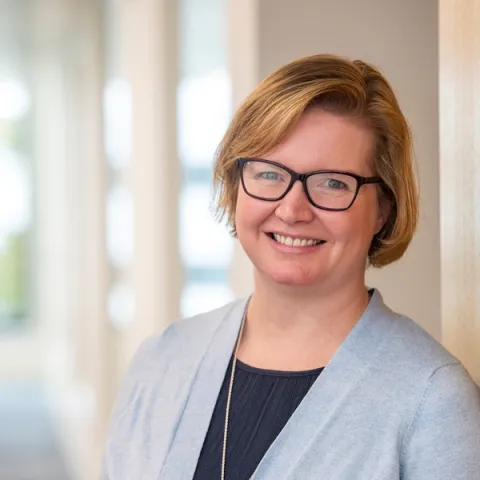About the project
In this project you'll test a digital dietary assessment tool based on artificial intelligence. This tool accurately monitors dietary intakes in hospitals and other catering facilities. This project is highly inter-disciplinary, and includes supervisory input from both the Faculty of Medicine and Electronics and Computer Science.
Accurate dietary intake monitoring is essential to provide appropriate treatment for patients at risk of malnutrition. However, collection of food intake data in hospital is a difficult and resource-intensive task. Paper food record charts are often incorrect or incomplete due to:
- competing responsibilities and tasks at mealtimes
- inadequate training
- removal of food trays before staff have observed intakes
Therefore, malnutrition within the hospital setting continues to be under-identified and under-treated.
In line with the NHS long-term plan, a digital dietary assessment tool would provide a valid and reliable mechanism to accurately monitor dietary intakes. Electronic records will enable examination of longitudinal changes in intakes and/or dietary quality, and to identify patterns of intakes associated with positive or negative clinical outcomes. This is a novel opportunity to use a system based on artificial intelligence to automatically measure dietary intake in hospitals to transform patient care.
This project provides links with Menus of Change Research Collaborative (MCURC), an international initiative of Stanford University and the Culinary Institute of America that promotes the use of colleges and universities to use campus dining halls as living laboratories to support the delivery of healthy, sustainable, delicious diets.
You will:
- benefit from the extensive expertise of the multi-disciplinary supervisory team
- gain skills in feasibility testing and validation of a novel device within both clinical and educational settings
- be supported by an experienced team in nutrition, clinical research applications, computer sciences and equipment design
